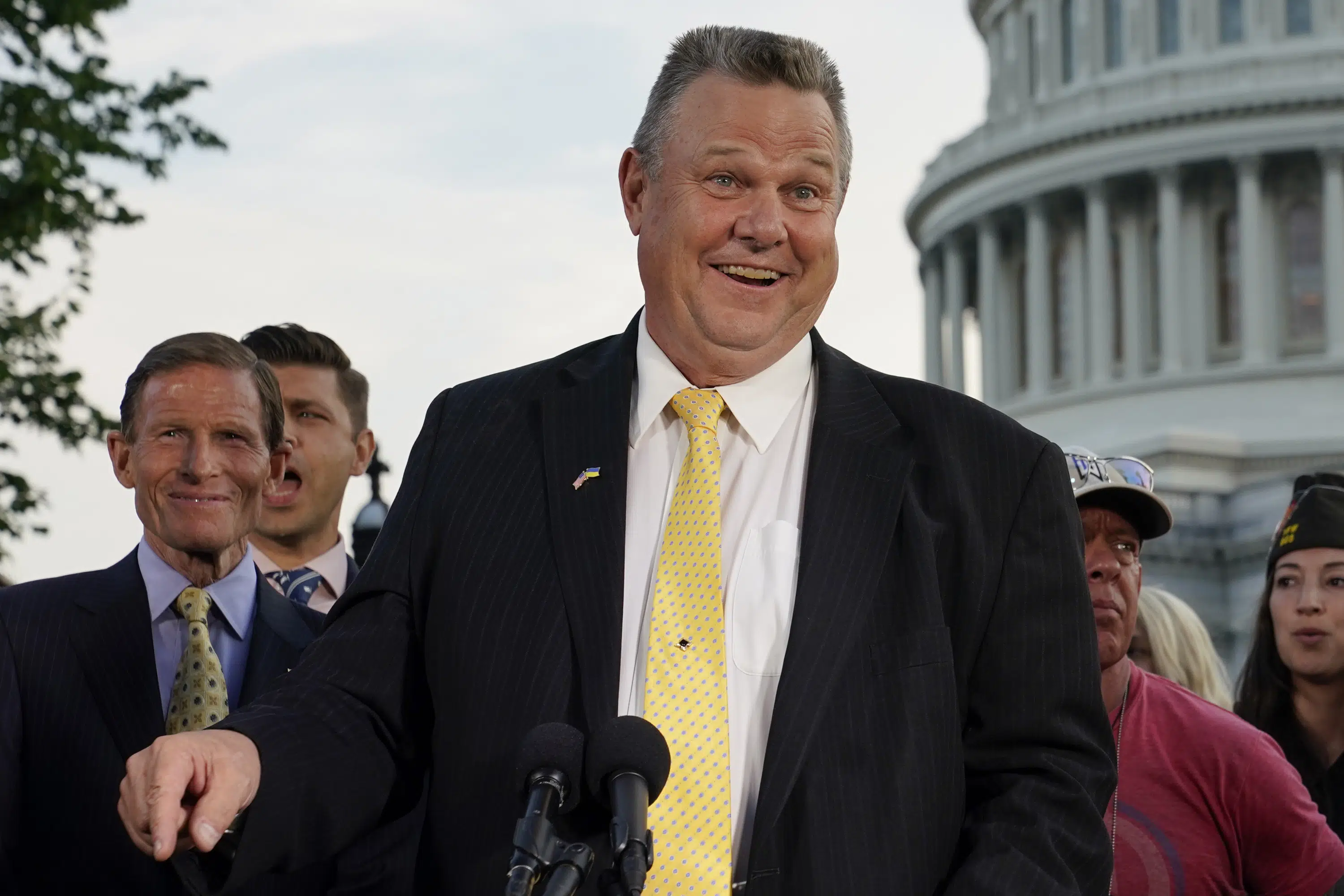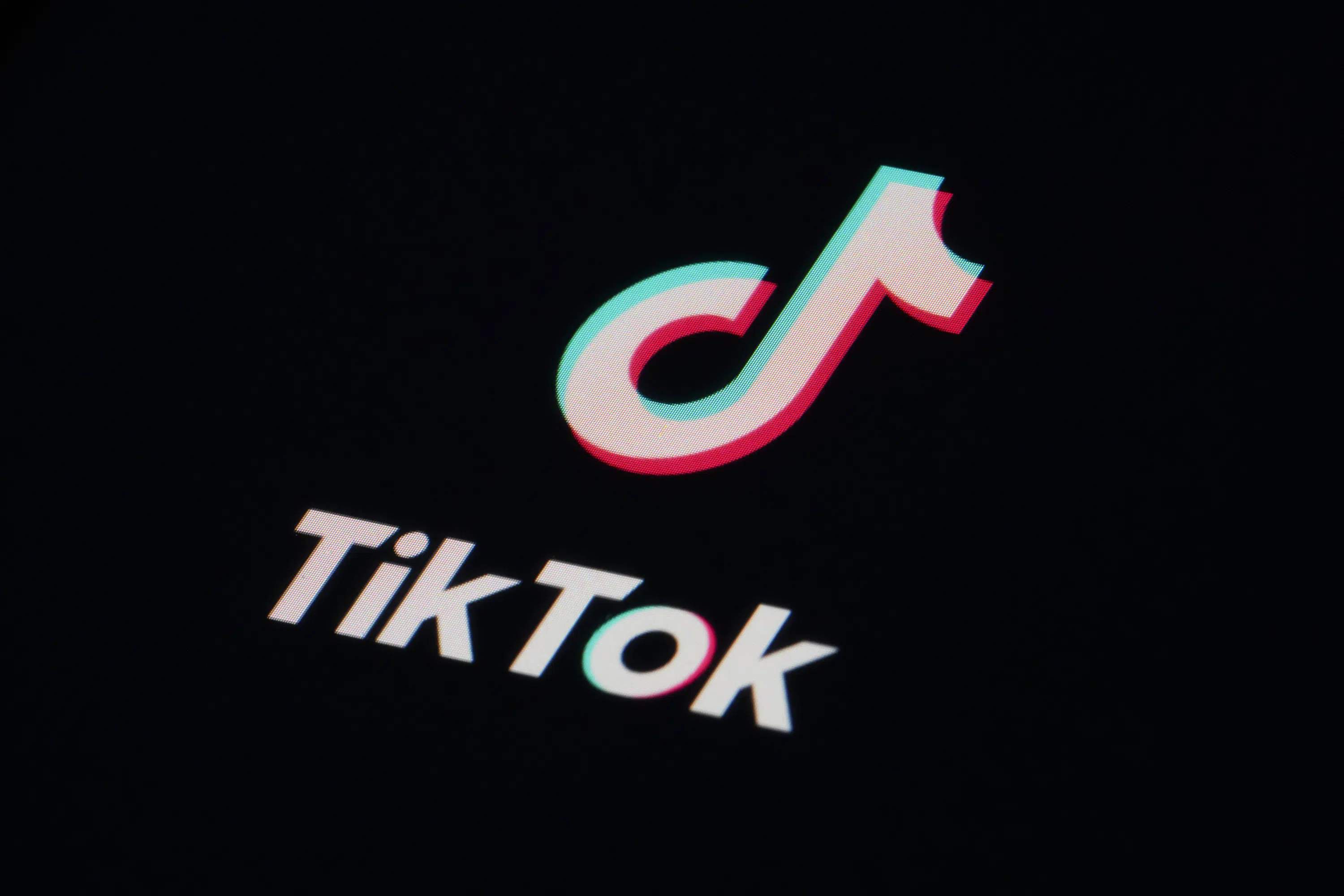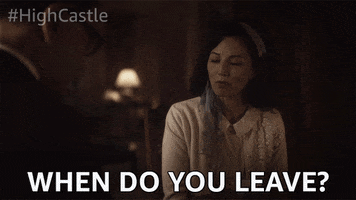BILLINGS, Mont. (AP) — Libertarians lined up with Democrats on Friday against a proposal that would effectively block third party candidates from next year’s Montana U.S. Senate election, as Republicans try to consolidate opposition to incumbent Jon Tester in a race pivotal for control of the Senate.
Republicans want to alter the 2024 Senate primary in Montana so that only the top two candidates, no matter their party, advance to the November election. Past races for Tester’s seat were close enough that many Republicans blamed third party candidates for draining away potential GOP votes and giving the Democrat the victory.
Critics blasted the proposal during a Montana House committee meeting as a blatant attempt to rig the election.
“It will completely block us out,” said Montana Libertarian Party Chairman Sid Daoud. “It’s going to eliminate any third party or independent candidate from moving to the general election.”
Democrats hold a narrow 51-49 U.S. Senate majority heading into the election. They will be defending 23 seats including in some states — Montana, West Virginia and Ohio – that have grown increasingly Republican. The GOP will be defending 10 seats and also trying to flip seats in swing states such as Nevada, Pennsylvania and Wisconsin.
Republicans are eager to deny Tester a fourth term after GOP candidates have dominated recent elections in Montana. Tester is the only Democrat now holding a statewide political office in Montana.
The primary measure currently applies only to the 2024 election, but lawmakers are considering an amendment to the bill that would make it apply to future Senate races in Montana. Primary races for other seats would be unchanged, with voters in each qualifying political party continuing to select their own candidates for the general election.
The Montana House State Administration Committee planned to vote on the measure, and the amendment, on Monday.
The state Senate approved the 2024 primary change by a 27-23 vote last week. Seven Republicans joined all of the chamber’s Democrats in voting against the measure.
Republican state Sen. Greg Hertz, who sponsored the bill, said he wanted to stop the GOP and Democrats alike from trying to manipulate elections by stealthily promoting third party candidates.
Both major parties sought to use third parties to their advantage in past elections.
During one of last year’s U.S. House elections, a Democratic-linked group in Washington, D.C., sent mailers promoting Libertarian candidate John Lamb as the race’s “true conservative” in an effort to peel away conservative votes.
Liberal-backed groups used similar tactics during Montana’s 2012 and 2018 U.S. Senate races.
In the 2020 race, the Republican Party bankrolled a $100,000 signature-gathering effort to put the Montana Green Party on the ballot. The state Supreme Court removed the Green Party after hundreds of people sought to withdraw their signatures upon learning the GOP was behind the effort.
No one has claimed responsibility for a 2018 signature-gathering effort to get the Green Party on the ballot. That effort was overturned when a judge invalidated enough signatures so the party didn’t qualify.
“Some major parties probably want to continue doing this, including my own,” Hertz said Friday. “Let’s get away from this, what the two major parties are doing in Montana.”

 apnews.com
apnews.com
Republicans want to alter the 2024 Senate primary in Montana so that only the top two candidates, no matter their party, advance to the November election. Past races for Tester’s seat were close enough that many Republicans blamed third party candidates for draining away potential GOP votes and giving the Democrat the victory.
Critics blasted the proposal during a Montana House committee meeting as a blatant attempt to rig the election.
“It will completely block us out,” said Montana Libertarian Party Chairman Sid Daoud. “It’s going to eliminate any third party or independent candidate from moving to the general election.”
Democrats hold a narrow 51-49 U.S. Senate majority heading into the election. They will be defending 23 seats including in some states — Montana, West Virginia and Ohio – that have grown increasingly Republican. The GOP will be defending 10 seats and also trying to flip seats in swing states such as Nevada, Pennsylvania and Wisconsin.
Republicans are eager to deny Tester a fourth term after GOP candidates have dominated recent elections in Montana. Tester is the only Democrat now holding a statewide political office in Montana.
The primary measure currently applies only to the 2024 election, but lawmakers are considering an amendment to the bill that would make it apply to future Senate races in Montana. Primary races for other seats would be unchanged, with voters in each qualifying political party continuing to select their own candidates for the general election.
The Montana House State Administration Committee planned to vote on the measure, and the amendment, on Monday.
The state Senate approved the 2024 primary change by a 27-23 vote last week. Seven Republicans joined all of the chamber’s Democrats in voting against the measure.
Republican state Sen. Greg Hertz, who sponsored the bill, said he wanted to stop the GOP and Democrats alike from trying to manipulate elections by stealthily promoting third party candidates.
Both major parties sought to use third parties to their advantage in past elections.
During one of last year’s U.S. House elections, a Democratic-linked group in Washington, D.C., sent mailers promoting Libertarian candidate John Lamb as the race’s “true conservative” in an effort to peel away conservative votes.
Liberal-backed groups used similar tactics during Montana’s 2012 and 2018 U.S. Senate races.
In the 2020 race, the Republican Party bankrolled a $100,000 signature-gathering effort to put the Montana Green Party on the ballot. The state Supreme Court removed the Green Party after hundreds of people sought to withdraw their signatures upon learning the GOP was behind the effort.
No one has claimed responsibility for a 2018 signature-gathering effort to get the Green Party on the ballot. That effort was overturned when a judge invalidated enough signatures so the party didn’t qualify.
“Some major parties probably want to continue doing this, including my own,” Hertz said Friday. “Let’s get away from this, what the two major parties are doing in Montana.”

Montana GOP seeks to bar 3rd parties from key US Senate race
Libertarians lined up with Democrats on Friday against a proposal that would effectively block third party candidates from next year’s Montana U.S. Senate election. Republicans are trying to consolidate opposition to incumbent Jon Tester in a race that's pivotal for control of the Senate. State...



